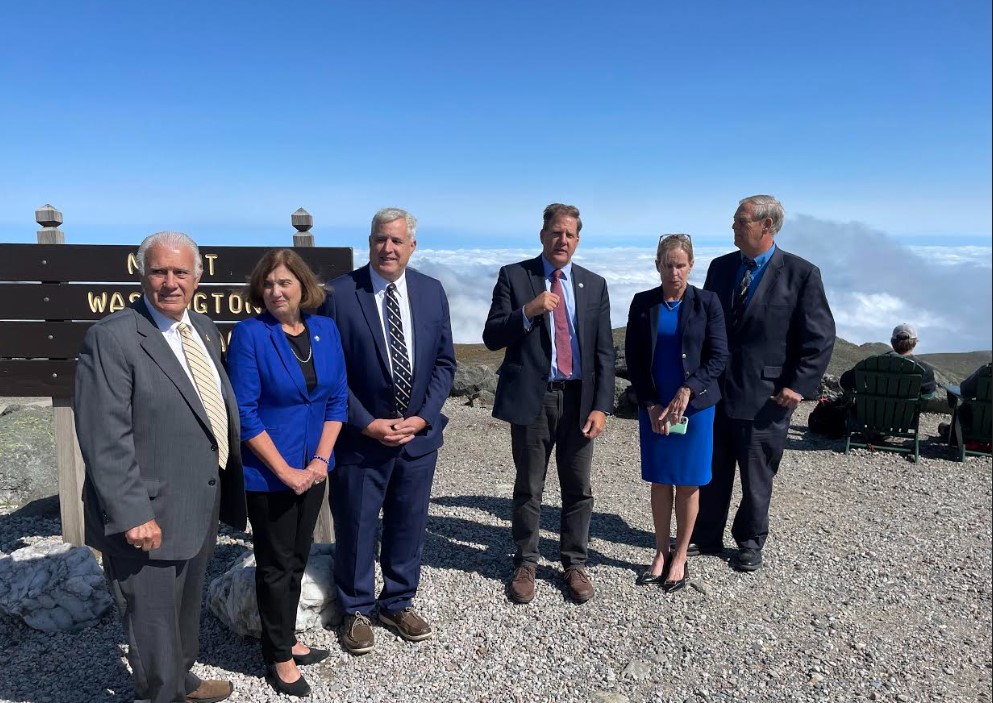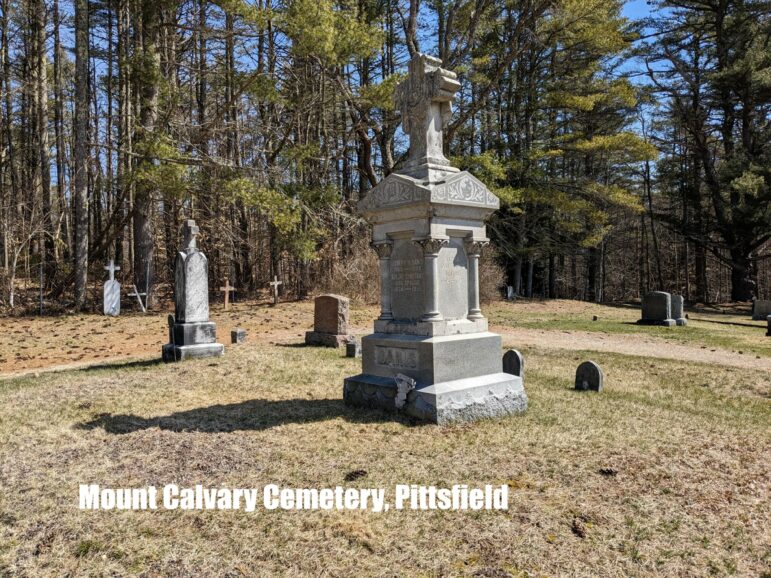By PAULA TRACY, InDepthNH.org
CONCORD – Most of the five Executive Councilors favor voting in real time, rather than the newly discovered method one councilor has had for years of quietly handing in his “no” votes at the end of the meetings.
Councilor Cinde Warmington, D-Concord, discovered the practice of Councilor David Wheeler, R-Milford to remain silent during some votes, but handing the recording secretary a slip of paper with his “no” votes listed on certain items at the end of the meeting.
Warmington, Councilor Janet Stevens, R-Rye, and Councilor Joe Kenney, R-Wakefield, say the vote should be recorded when taken. Kenney said the only exception to wait until the end of the meeting is if the councilor is confused by the question.
Wheeler and Councilor Ted Gatsas, R-Manchester, didn’t respond to request for comment on the matter on Monday.
Councilor Joe Kenney, R-Wakefield, said, “The current MOP states…If Councilors present at a meeting choose to remain silent or otherwise abstain from voting, their silence or abstention will be taken as acquiescence or concurrence in the action taken by the majority of votes cast.”
“I still maintain, a real time vote is appropriate for all Councilors, but I would understand why a Councilor might want to reserve their vote at the end of meeting, if they were confused on the topic at hand. My feeling, we got sent to Concord to vote on all matters real time and though sometimes issues are tough, we are expected to take a position at the time of the vote. Councilors who abstain, usually have a conflict of interest whether it be personal or financial.
“The MOP votes should reflect real time, but no later than the end of meeting, unless someone else can come up with a differing argument that makes sense, that’s my position,” Kenney said.
None of Wheeler’s no votes have changed the outcomes but Warmington thinks it could happen.
Wheeler confirmed at the last council meeting that he has a practice of handing a list of his “no votes” to the recording secretary after the meeting has adjourned to be included in the minutes, regardless of whether he verbally opposed or supported the contract at the time the voice vote took place.
Warmington emailed her constituents saying, “This has been going on for years and we absolutely must end this practice. The public has the right to hold their Executive Councilor accountable, but we can’t do that if they vote in secret.”
The council serves to advise the governor on state contracts and nominations of judges and department heads and is a unique part of the executive branch of state government.
A review of Wheeler’s “no list” given to the Secretary of State’s office for the past three meetings immediately after each adjourned shows that he voted “no” on 19 contracts and two of the governor’s nominations, while in some cases, Wheeler was silent when the vote was taken and it passed.
He voted “no” on contracts in recent months which would have helped with emergency rental assistance, the tracking of COVID-19 outbreaks, the building of low- to moderate-income housing in Laconia, and a temporary position for the state infant-toddler program, all using federal funds.
Attorney General John Formella said at the last council meeting there is nothing within the law preventing the practice.
Formella’ s spokesman said the attorney general stands by the legal analysis he provided to the governor and council at the meeting, but otherwise referred questions to the Executive Council.
Warmington, an attorney, said: “When you vote you vote. I think the MOP is very clear right now. It says if you remain silent your vote has acquiesced with the majority, and I don’t know really what more you need to say than that.
“The Supreme Court has also said that, but the attorney general has somehow interpreted that to mean that he could stay silent and that he wouldn’t have to vote with the majority. He could later submit a vote. I cannot fathom the legal analysis that resulted in his coming to this conclusion. I really can’t, ” Warmington said.
Stevens, in an email Monday said, “As I stated at the Feb. 22, 2023, Executive Council Meeting, the remedy to requiring votes by Executive Council members be cast in ‘real-time’ is by amending the Manual of Operating Procedures (MOP), Section II, A.
“Currently, MOP Section ll, A notes that ‘If Councilors present at a meeting choose to remain silent or otherwise abstain from voting, their silence or abstention will be taken as acquiescence or concurrence in the action taken by the majority of votes cast,’ citing Opinion of the Justices, 98 N.H. 530, 532 (1953).
“It does not address the question of whether a councilor waiting until the conclusion of the meeting to record their vote constitutes silence or an abstention, and whether that alternative form of voting is permissible.
“I support an amendment to the MOP requiring Executive Councilors cast their votes in ‘real time’ during meetings of the Executive Council and that written submissions of votes after the conclusion of a formal meeting be deemed inadmissible,” Stevens said.
Warmington, who advised the council of the practice last week, said she is going to propose a change.
“I think (his constituents) should know how he is voting. I mean that is why we are here,” said Warmington.
Wheeler is only one of five members of the council who has his own “no list” he hands to the Secretary of State’s office after each council meeting after the table votes.
Warmington said she discovered Wheeler’s practice over time, thinking there had been a mistake in the minutes. She noted in the fall that she opposed an advertising contract contending the governor was using it as a campaign ad for re-election and “his staff attacked me on Twitter about it, and subsequently I discovered that Councilor Wheeler had also voted ‘no’ meaning it was a 3-2 vote, not 4-1 as reported in the media.
“I don’t know if they would have attacked me if they had known that. All the public reported it as a 4-1 vote and it wasn’t,” Warmington said.
Sununu said he did not recall the matter when he spoke with the media in his office following the meeting last week, but he said Warmington brought up some good points and that he would support change in the procedure.





